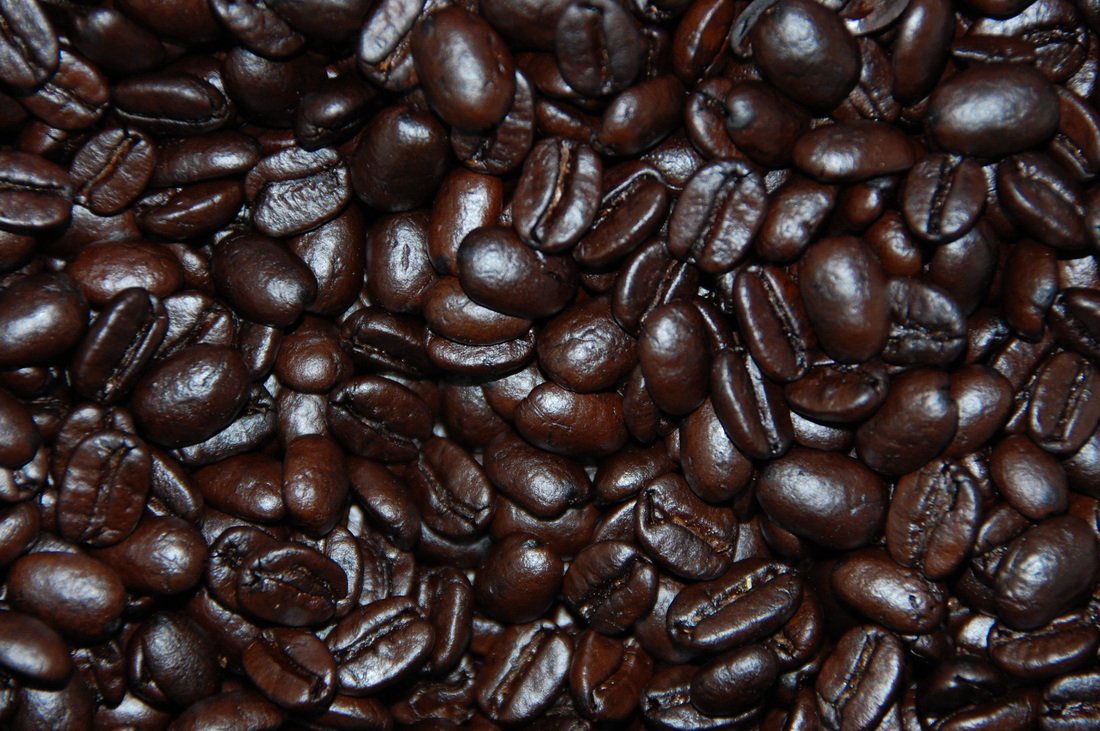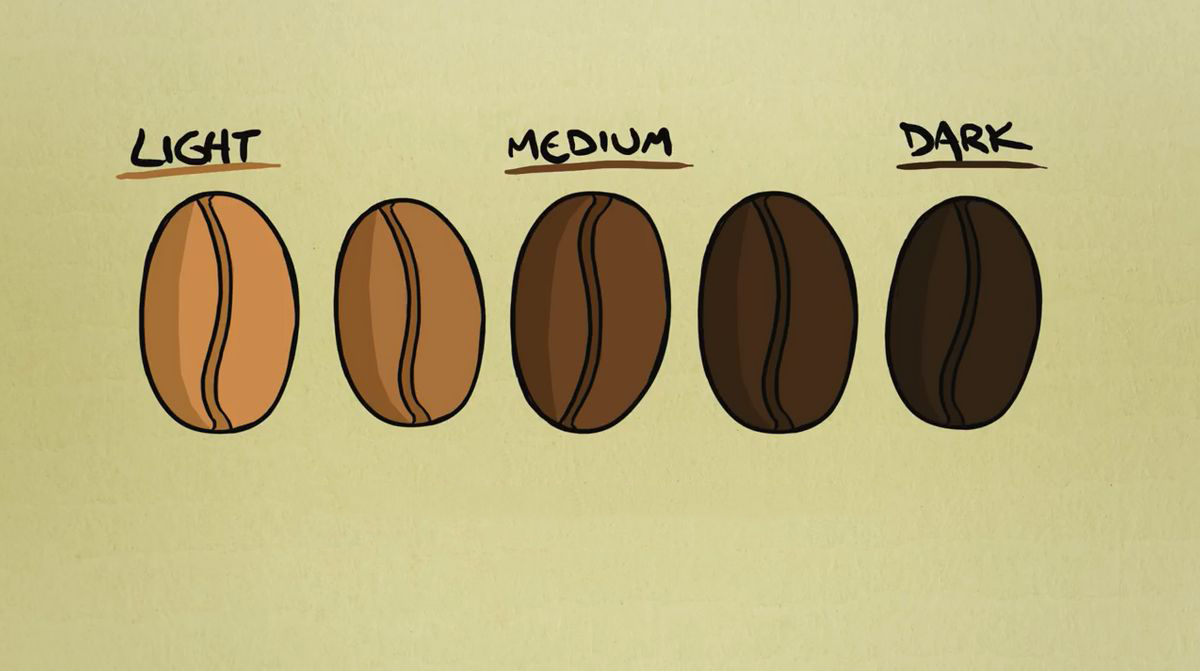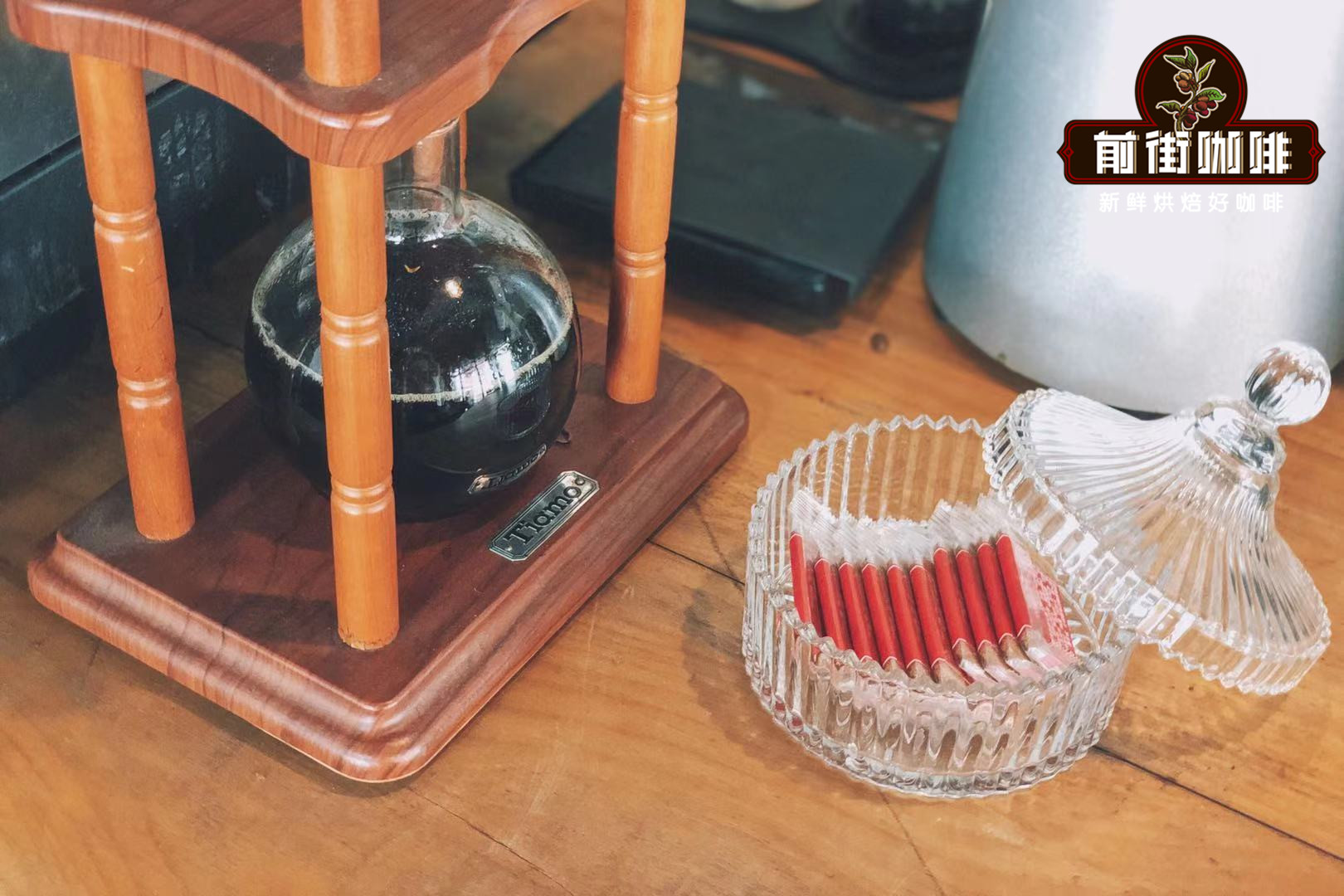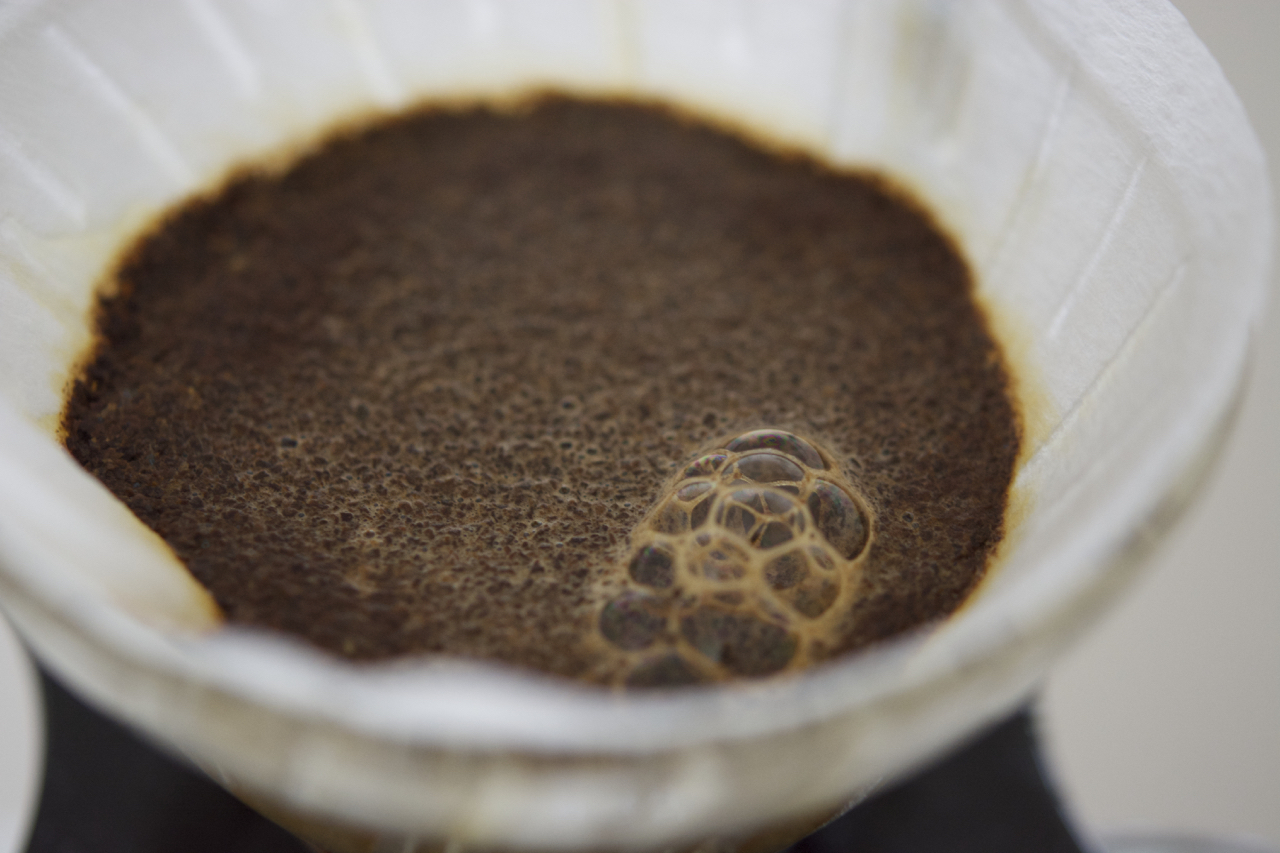What are the characteristics of deep-roasted coffee beans? Who says deep-roasted coffee doesn't have a good flavor?
Professional coffee knowledge exchange more coffee bean information please follow the coffee workshop (Wechat official account cafe_style)
I do not know when, boutique coffee began to be popular in China, paying attention to the original and meticulous coffee flavor performance, so as if overnight, everyone began to pursue shallow roasting, with hand-brewing, siphon, love pressure and other "black coffee" extraction methods, hoping to show the "native" characteristics of coffee itself with bright and lively sour fruit notes. They even scoffed at the deep baking that represented the "old" era, and even threw stones at the bottom of the well, preaching that "only poor beans will use deep baking to hide their miscellaneous taste" and "the taste of coffee beans will become almost the same after deep baking." there are no flavor characteristics at all, and the tone of "deep-baked beans are unhealthy to the human body."
But is the deep-roasted coffee really that bad? Today, we're going to talk about the fact that deep-roasted coffee really doesn't have a good flavor.

In fact, we Chinese have been drinking deep roasted coffee for a long time. Early coffee shops, instant coffee because there is no access or based on cost considerations, the use of raw coffee beans are generally large commercial beans. In addition to the low altitude, local conditions and poor management leading to poor flavor, the disadvantages of commercial beans are also full of at least 30% of the proportion of bad beans (that is, defective beans, such as undercooked / overripe, moldy, damaged, serious worm-eaten, etc.). In the case of shallow baking, it is easy to drink bad smells. So what you can drink on the market are deep-roasted coffee beans, because they are black and there are no defects at all, and a large amount of sugar and milk makes it difficult for ordinary people to taste.
This situation is not only in China, but also in foreign countries, because at that time there was no concept of "boutique coffee" at all. But that was in the "old days"! Ladies and gentlemen! Died early in the morning!
Deep-roasted coffee is not without good flavor, it is more demanding!
If you are lucky enough to drink the very deep roasting of boutique-grade coffee beans and ordinary batches of coffee beans in the old tea shop in Japan, you will find that there is a significant difference in sweetness, aroma and level between the two. Definitely not any baker or any raw bean tastes the same-it mainly depends on the baker's skill & whether the raw bean is of good quality or not.

Photo Source: Peets
For decades, countless people have imitated the deep baking flavor of Peet, but very few have acquired the essence of deep baking.
Leaving aside the taste hobbies caused by local cultures, deep baking requires precision, control and concentration for longer than shallow baking. For a delicious "deep-roasted coffee", it takes the coffee maker at least 30-40 years to produce excellent and stable quality. Although this is an era when there is no data to assist in the accumulation of experience, it also shows the difficulty of deep baking. The reason why deep roasting has become a "non-mainstream" in the boutique coffee industry has something to do with its stringent requirements for experience accumulation.
And the really good deep-roasted coffee beans are not just ordinary commercial beans and roasted for a long time. The first condition is to use high-altitude (more than 1200m), low defect rate (hand-picked) high-quality beans. Because of the same variety, the ripening time of beans at high altitude is 2 to 3 months longer than that at lower altitude; during this period, coffee fruits continue to obtain more compounds through photosynthesis, resulting in an increase in the hardness of raw beans (seeds in the fruit). Therefore, under the same baking time and firepower, high-altitude coffee beans can still retain a lot of aroma components and the sweetness of caramelization; low-altitude beans can only surrender quickly, and the whole bean body is almost ashes, leaving only the smell of coke.

What are the characteristics of deep-roasted coffee beans?
Deep baking aims to attract high molecular weight aroma, wine smell and rich sweet and bitter rhyme, while leaving out the medium and low molecular weight sour, clear and sweet fruit notes, although some spicy, sour and fragrant wood flavors can still be retained under the skillful hands of the deep baking master. The flavor characteristic of deep baking lies in "deep but not bitter, thick but not choking, scorched but not strong, thick but not astringent, sweet moistening throat".
In the past, many people thought that deep-roasted coffee had only flavors such as chocolate and roasted flavor, because the quality of raw beans was not high enough. The complexity of the flavor level of deep baking is indeed not high, which is the disadvantage and advantage of deep baking. This makes deep roasting more dependent on high-quality coffee raw beans, but also more able to highlight the quality of raw beans, showing more clear flavor characteristics. After matching kung fu roasting technology and high-quality raw coffee beans, the flavor of deep-roasted coffee can be easily upgraded to become a favorite spice flavor, or caramel fruit and other characteristic flavors. naturally, it is by no means rumored to "taste the same deep".

Last
In recent years, more and more people are exposed to coffee and like coffee. Many coffee lovers and professionals focus on lightly roasted coffee in order to get pleasant aromas such as fruit and flowers. However, apart from baristas and enthusiasts, the consumer market for coffee is still very large. the most mainstream coffee consumers do not necessarily like shallow baking, not all because they have not received the so-called "fine coffee education". But the acceptance of the sour taste of coffee is low, maybe it is radish and green vegetables that have their own preferences. As frontline personnel in promoting coffee culture, we might as well try to focus on different roasting levels of coffee (such as deep roasting? ) above to meet the taste needs of more consumers.
END
Important Notice :
前街咖啡 FrontStreet Coffee has moved to new addredd:
FrontStreet Coffee Address: 315,Donghua East Road,GuangZhou
Tel:020 38364473
- Prev

What symptom can you have if you drink too much black coffee? how do you drink black coffee and get drunk?
For more information on coffee beans, please follow the coffee workshop (official Wechat account cafe_style) because caffeine can speed up your heart rate, which is what happens when too strong coffee makes your heart rate and blood oxygen levels high. Drinking coffee will get drunk, and there are two kinds of drunkenness. The first situation is that when we are tired and need to rest, we rely on
- Next

[hand brewing skills] the key factors affecting coffee brewing: how should steaming be stuffy?
Professional coffee knowledge exchange more coffee bean information Please follow the coffee workshop (Wechat official account cafe_style) "steaming" is the rapid release of carbon dioxide after coffee powder comes into contact with water, which is called bloom in English. It agrees with "flowering" that it only happens when making fresh coffee. It is also a great pleasure to watch the expansion of coffee powder by hand. The long time of steaming
Related
- Beginners will see the "Coffee pull flower" guide!
- What is the difference between ice blog purified milk and ordinary milk coffee?
- Why is the Philippines the largest producer of crops in Liberia?
- For coffee extraction, should the fine powder be retained?
- How does extracted espresso fill pressed powder? How much strength does it take to press the powder?
- How to make jasmine cold extract coffee? Is the jasmine + latte good?
- Will this little toy really make the coffee taste better? How does Lily Drip affect coffee extraction?
- Will the action of slapping the filter cup also affect coffee extraction?
- What's the difference between powder-to-water ratio and powder-to-liquid ratio?
- What is the Ethiopian local species? What does it have to do with Heirloom native species?

